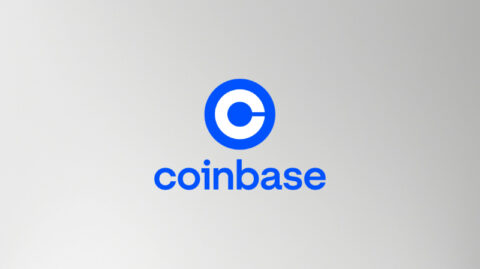Nigeria’s burgeoning Web3 industry as the government’s crackdown on cryptocurrency exchange Binance sends shockwaves through the sector. Investors are pulling back from deals and partnerships, particularly with Web3 startups, fearing repercussions similar to those faced by Binance.
The crux of the issue lies in the Nigerian government’s pursuit of fines against Binance executives, accused of contributing to the naira’s devaluation and operating illegally. This move, according to Uwakwe, head of Nigeria’s crypto intercommunity working group, is akin to throwing the baby out with the bathwater.
Uwakwe expressed concerns that the government’s approach is hindering the entire Web3 ecosystem, sacrificing potential growth for short-term gains. He doubts a swift resolution for the detained Binance executives, further dampening investor confidence.
The situation is exacerbated by the removal of the Nigerian naira (NGN) from Binance’s peer-to-peer (P2P) platform. This effectively restricts Nigerians from directly buying and selling cryptocurrencies using their local currency, a crucial entry point for many in the Web3 space.
The consequences are far-reaching. With limited options for buying and selling crypto, coupled with the chilling effect of the government’s actions, investors are becoming increasingly wary. This hesitancy translates into a reluctance to fund Web3 projects, hindering innovation and growth within the Nigerian Web3 space.
The future of Web3 in Nigeria remains uncertain. Whether Binance regains its footing and the government softens its stance are pivotal questions. As the situation unfolds, one thing remains clear: Nigeria’s Web3 industry is caught in the crossfire, struggling to navigate a landscape fraught with regulatory uncertainty.











